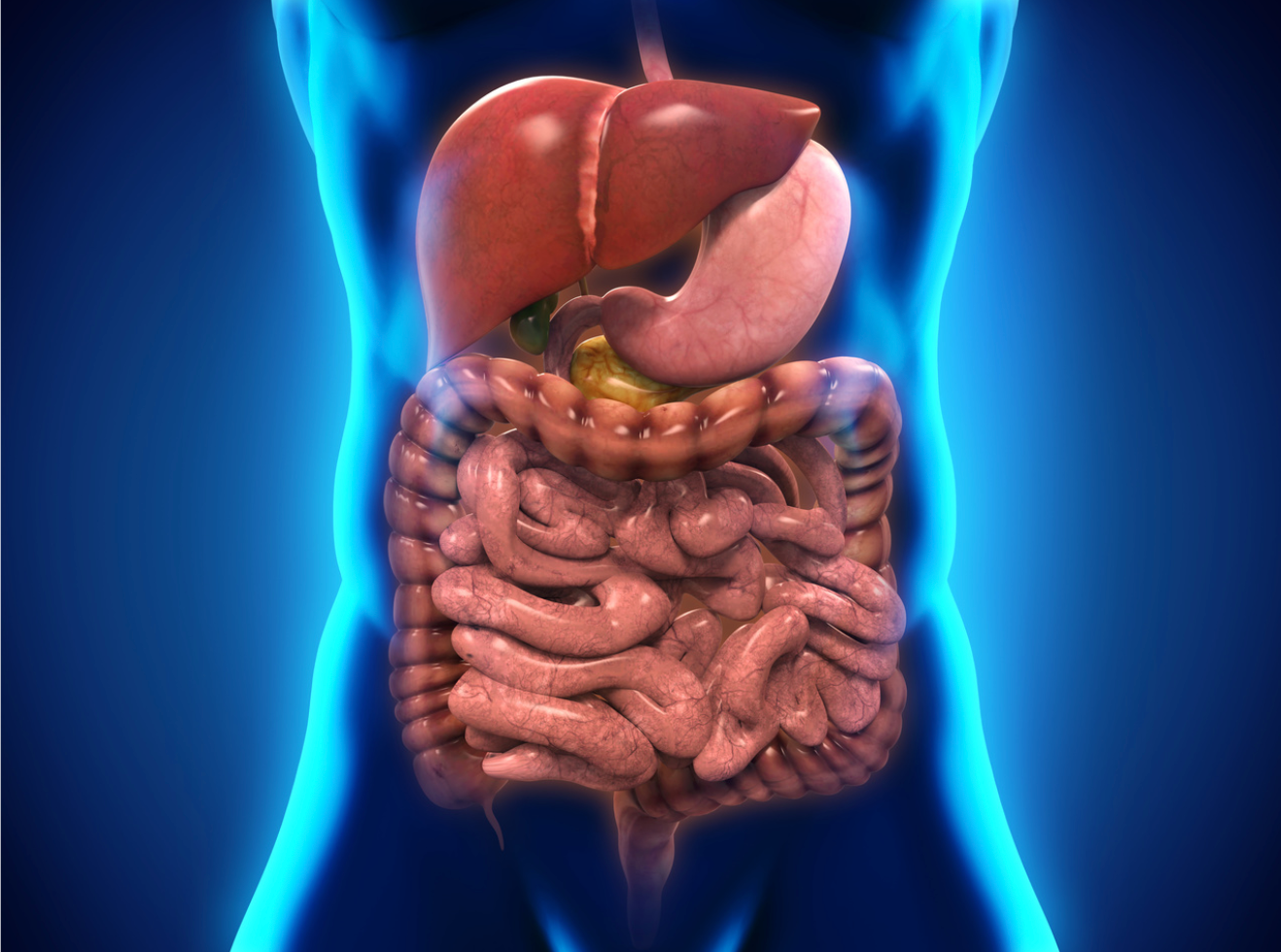Tackling Root Causes: Screening and Addressing Non-Medical Drivers of Health



A study published in Transplant Infectious Disease found that Clostridium difficile infection (CDI) is associated with longer hospital stays and higher mortality rates for patients who underwent an intestinal transplant.
The study authors evaluated outcomes for patients who received an intestinal transplant between a population of patients both with CDI and without CDI. Although an organ transplant is a known risk factor for CDI, data are lacking on how the infection affects those who underwent an intestinal transplant.
The study authors used data from the National Readmission Database (2010-2017) on the outcomes of those with a history of intestinal transplantation and computed association of CDI with readmission and hospital resource use in multivariable models adjusted for demographics and comorbidities.
They found 8442 hospitalizations with a history of intestinal transplantation in indexed hospital admissions during the study period, with 3.8% (n = 320) of these hospitalizations associated with CDI. Patients who underwent intestinal transplantation and who had CDI showed a greater median cost of $54,430 vs those who did not have CDI ($48,888) (β, 71,814; 95% CI, 676–142,953; P = .048).
Further, the study found that the median length of stay was also longer in those with CDI vs the non-CDI group (7 days vs 5 days) (β: 5.51 95% CI: 0.73–10.29, P = .02). Mortality rate data show that complications from intestinal transplantation, malnutrition, acute kidney injuries, intensive care unit admissions, and sepsis were similar across the study groups.
Further, CDI was the primary cause of 30-day readmission in these patients during the index admission. The study found that this issue is becoming worse, as the number of 30-day readmissions increased between 2010 and 2017.
"CDI hospitalization in post–intestine transplant patients occurs commonly and is associated with a longer length of stay and higher costs during hospitalization," the study authors wrote. "The CDI was the most common cause of readmission after the index admission of CDI in these patients."
According to the investigators, data from 2022 indicate that those who underwent a solid organ transplant have a higher risk of CDI. Prior research has established that individuals who receive solid organ transplantation have a greater risk for CDI infections and other complications. For instance, the authors noted that the rate of colectomy in these patients is more than 3 times greater than the rate of post-CDI colectomy in the general patient population.
Overall, 1-year CDI incidence grew throughout the duration of the study, from 23.1; 95% CI, 12.8-41.8 per 1000 person-years in 2004 to 46.7; 95% CI, 35.0-62.3 per 1000 person-years in 2017; P = .001. CDI was associated with a 16.8% (n = 122) 90-day mortality rate.
In patients who received a kidney transplant, CDI was generally late onset (median interval, 2.2; IQR, 0.4-6.0 years) compared with recipients of other organs.
AKI that required dialysis was significantly linked to short- (aOR, 1.86; 95% CI, 1.07-3.26) and long-term (aHR, 1.89; 95% CI, 1.29-2.78) mortality. Late-onset CDI was also significantly associated with an increased risk of both short- (aOR, 4.26; 95% CI, 2.51-7.22) and long-term (aHR, 2.49; 95% CI, 1.78-3.49) mortality.
Reference
Amjad, W, Schiano, T, Segovia, MC, et al. An analysis of the outcomes of Clostridioides difficile occurring in intestinal transplant recipients requiring hospitalization. Transpl Infect Dis. 2023;e13951. https://doi.org/10.1111/tid.13951. Accessed January 25, 2023.
Comments
Post a Comment